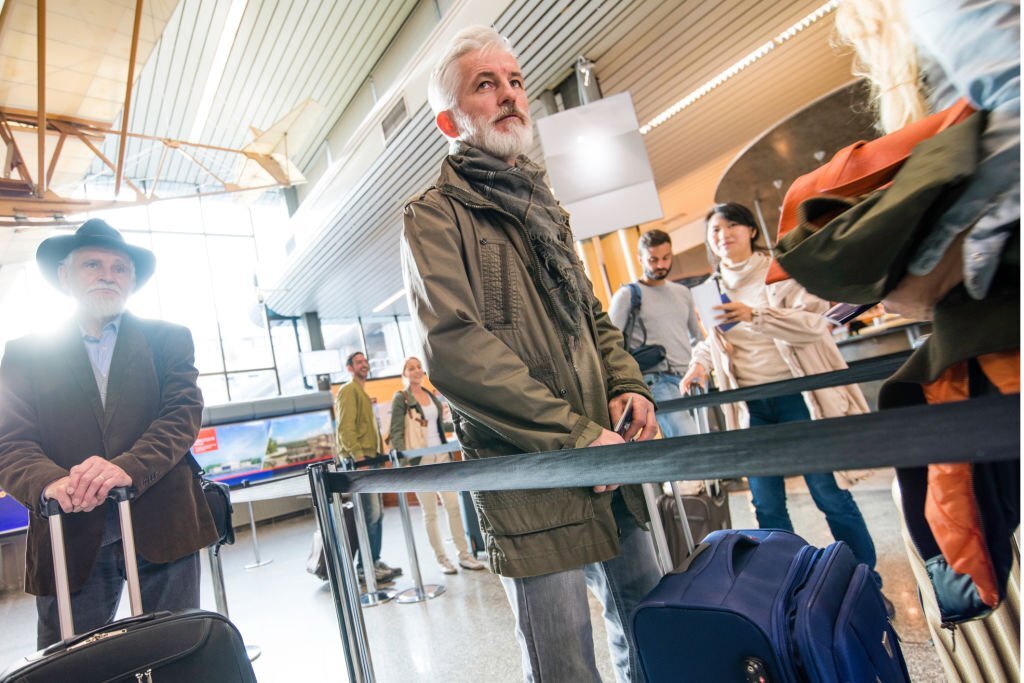In the face of mounting economic challenges, exacerbated by load shedding, governance issues, and rising crime rates, a significant number of South Africans are relocating to countries like the United Kingdom (UK), Australia, and Canada.
South Africa, renowned for its breathtaking landscapes and rich cultural tapestry, is currently grappling with economic, security, and political uncertainties. These challenges are compelling many of its citizens to consider opportunities abroad in the quest for a more stable and prosperous future.
Load Shedding and Economic Strain
Central to the economic woes of South Africa is the persistent issue of load shedding. This has compelled businesses across various sectors to invest billions in backup power solutions. Despite these efforts, the disruptions over the years have stymied economic growth, leading to escalating unemployment rates.
“Elevated levels of load-shedding so far in 2023 could cost the South African economy R1.6 trillion in lost economic activity – R400 billion more than last year,”
remarked Electricity Minister Kgosientsho Ramokgopa.
A report from the UNDP in July echoed these concerns, highlighting South Africa’s soaring unemployment rate, especially among the youth. The report termed this situation a “ticking time bomb” with potential repercussions of social unrest.
Deteriorating Service Delivery
South Africa’s service delivery framework has also seen a decline, with essential services like water, electricity, and infrastructure nearing a breaking point. Of paramount concern to many families is the deteriorating state of policing and safety.
Recent statistics from the South African Police Service (SAPS) reveal that between April and June 2023, there were 6,228 reported violent crimes. The data also indicates a daily average of 68 murders during this period. Disturbingly, incidents involving the killing of women and children rose by 4.7% and 20.6%, respectively.
Such unsettling figures have been a catalyst for many skilled South Africans to seek more stable economies, promising job opportunities, and safer environments for their families.
Migration Trends: A Closer Look
The latest immigrant consensus reports for the UK, Australia, and Canada indicate that 551,520 South Africans have established their homes in these nations.
The UK emerges as the most preferred destination, hosting 298,000 South African-born residents. The UN Department of Economic and Social Affairs’ 2020 International Migrant Stock report had previously recorded 247,300 South African emigrants in the UK. This suggests a notable 26% increase since 2020. South Africa now ranks as the 8th largest source of emigrants to the UK, contributing to 3.1% of its foreign-born population.
Research from the Migration Observatory at the University of Oxford suggests diverse reasons for this migration trend. While 40% of foreign-born emigrants arrive in the UK for work and study, a significant 46% relocate for family reasons, often in pursuit of a better life.
Australia follows the UK, with 201,930 South African-born individuals. The Australian Department of Home Affairs notes,
“This makes the South African-born population the seventh largest migrant community in Australia, equivalent to 2.7% of Australia’s overseas-born population and 0.8% of Australia’s total population.”
Canada ranks third, with 51,590 South African-born residents, marking a 7.2% increase since 2020. Canadian immigration consultant Nicholas Avramis observed a surge in inquiries from South Africans since January 2023. Many cite load shedding and political instability as their reasons. However, a significant number express concerns about the recently passed NHI bill. Avramis shared,
“There’s a lot of anxiety and mistrust among healthcare workers regarding the NHI. Doctors and nurses, who are pivotal in the medical field, are professionals who work hard and want to get paid well for their services. In this competitive global market, if there’s the ability for them to migrate to a better-paying market, they will do that.”
The migration patterns underscore the pressing challenges South Africa faces, as its skilled workforce seeks opportunities elsewhere. Addressing these concerns will be crucial for the nation’s future stability and prosperity.














